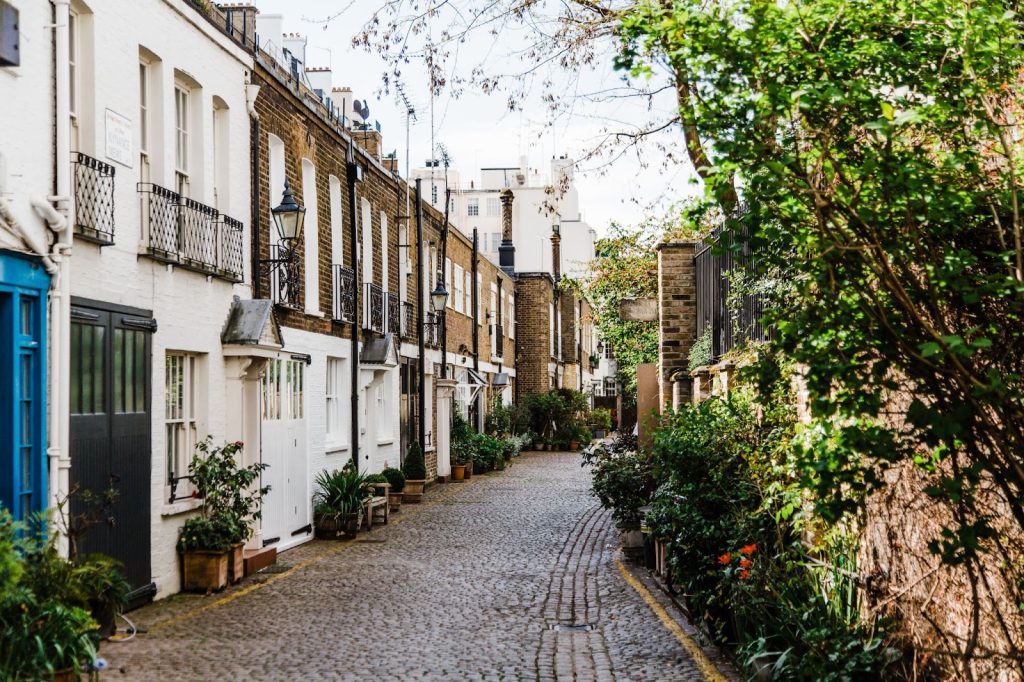Recent data has shown that house prices in the UK are falling at the fastest rate since 2009. After hitting an all-time high in November 2022, house prices across the country are now declining, and some experts fear that this decline could last for the foreseeable future as interest rates on mortgages have increased. While a complete crash is unlikely, homeowners are still likely to be affected if house prices continue to fall.
The Nationwide House Price Index showed that average house prices decreased by 3.8% annually based on July’s data. The falling prices mean that the average UK home is now worth 4.5% less than in August of last year. While this might sound good for those looking to get on the property ladder, the drop is actually caused by potential buyers being unable to afford mortgages as interest rates rise.
How Homeowners Can Minimise the Impact of Falling Prices
The issue that most homeowners are now facing is that their mortgage payments have increased significantly. While the loss of value of their homes might be an issue in the long term, it’s usually not felt unless they’re looking to sell. However, higher mortgage payments are already apparent and have left many homeowners across the UK feeling the pinch.
As a result of having a higher cost of living, many people in the UK have struggled over the past year. However, homeowners have been hit particularly hard. Homes still need regular maintenance too, which can be expensive. Thankfully, DIY projects can be very cost-effective, and it’s possible to use sites like RS to purchase high-quality tools such as self-tapping screws without blowing your budget.
Aside from reducing home improvement costs, homeowners can look to save money in other areas too. Reducing overall household spending is key, and if absolutely necessary, it could even be a good idea to rent out spare space if you have it. With house prices increasing, rental prices have also increased, meaning you could get good money from renting out a spare room.
Unfortunately, not everyone has a spare room, so it may be necessary to look at remortgaging or switching your mortgage to interest only. Remortgaging could help you reduce the cost of repayments, although you’ll likely need to increase the length of the mortgage. Switching to interest only will mean you reduce the payments but aren’t paying off the actual capital of the home.
The Future of the Property Market in the UK
While the news headlines may look bad, they’re not necessarily an indicator of a major crash or long-term falling prices. Provided interest rates come back down, we should see a steady increase in house prices once more as the market corrects. From time to time, property prices may fall, though it doesn’t always spell doom and gloom.
While the property market suffered a bad crash in 2008, this was mostly due to lenders giving our capital without proper checks in place. Since then, rules on lending have been tightened to ensure greater stability in the market. In addition, data shows that the number of people falling behind on mortgage payments hasn’t increased significantly over the past year, and the number of property repossessions is less than a tenth of what it was following the 2008 financial crash.
There are some that also feel as though falling prices could be a good thing. Property has become largely unaffordable for younger generations, and better supply-side planning could help the UK property market move away from a boom-bust cycle and instead remain stable. This would also help increase the number of new properties being built and allow more people to get onto the property ladder.


